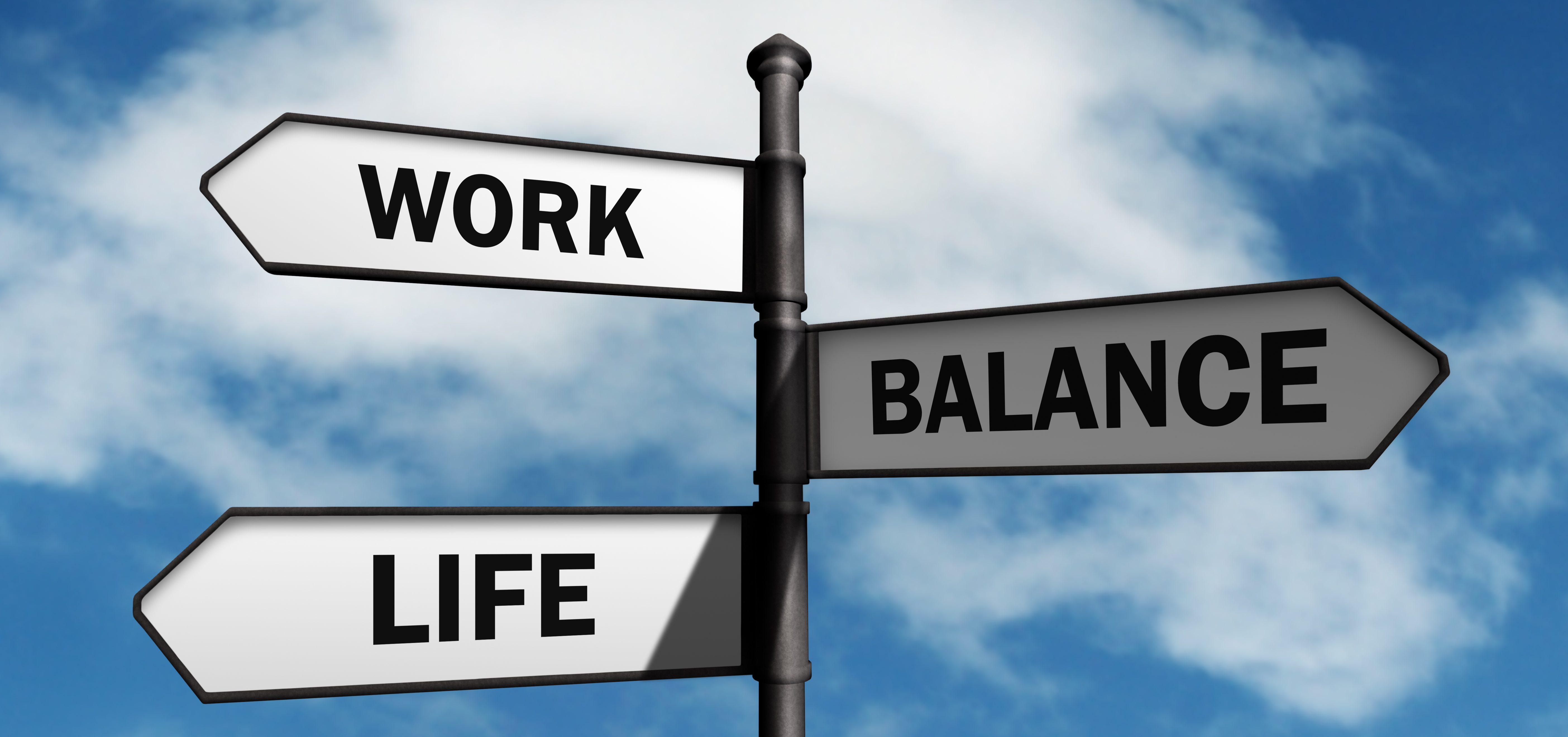

“The people who are crazy enough to believe they can change the World are the ones who do!” Steve Jobs
Health equality is a big statement. Governments, Charities and the World Health Organisation are frantically trying to find a way to slow the epidemic of lifestyle diseases that are pushing health care systems to breaking point. At BBSF we are under no illusion of the magnitude of the problem but that won’t stop us from making our dent in it!
How do we make wellbeing sustainable?
From our experience, there needs to be a combination of elements working together to lead individuals towards taking personal responsibility for the quality of the life they wish to lead.
STEP 1 - YOUR ENVIRONMENT PRECEDES YOUR SUCCESS
In UK society there are three main environments that can be influenced: Workplaces. Schools. Community Hubs.
Simple swaps in these environments can dramatically influence both the mental and physical health of our population. You only have to look at the results from the Daily Mile in schools or the impact standing desks have in workplaces to see how much of a role our environments play in the quality of an individuals life.
As a stark contrast, we’ve worked with organisations where certain offices have had no natural light, or it’s not been uncommon for people to remain seated for periods of four hours or more and unfortunately it seems like it’s become the norm to eat at desks!
STEP 2 - KISS (Keep it simple silly!)
Individual wellbeing is complex, however, it’s not complicated. Changing habits, beliefs and behaviours are the complex part but the actions are simple, in the video, you’ll hear me talk about the three maxims of people who live healthy and happy lives;
- They eat real food
- They move outdoor daily
- They are deeply connected and able to stay present with their peers.
When broken down even further, as we do in our signature Recalibrate Wellbeing programme the actions individuals actually need to take are almost too simple for people to try. They literally need to feel it for themselves, so are you currently doing the first six?
- Hydrate with warm water before anything else in the morning.
- Get crystal clear on the goal you want to achieve and why you want to achieve it.
- Consciously consume your meals - A guide to consciously consuming.
- Eat a rainbow of real foods at every meal - build your base with hydration, then vegetables, then protein and the rest will fall into place.
- 45/10/2 - Move every 45 minutes even if it’s just to stand, spend at least 10 minutes outside a day and spend at least 2 minutes raising your heart rate.
- Set yourself a bedtime routine - Sleep your way to wellbeing success.
STEP 3 - BECOME RESOURCEFUL OR ASK FOR HELP
We don’t know what we don’t know, which means we have two choices; we either become extremely resourceful and invest a lot of time and often money in educating ourselves through books, seminars, podcasts, course etc or we ask an expert.
By asking an expert you’ll fast track your learning curve because they’ve already done all the heavy lifting.
We see a lot of HR managers wasting a lot of time trying to develop their own wellbeing initiatives to ‘cut costs’ and equally we see a lot of individuals who tell us they’ve wasted thousands on supplements, gym memberships and quick fix solutions which never provide the sustainable change they are all looking for.
If you’ve landed at a point where you need an expert, contact us today because even if we can’t help you, it’s likely we’re connected to someone who can.
STEP 4 - FIND OR CREATE AN ACCOUNTABILITY ENVIRONMENT
Transforming your mindset, nutrition, movement and lifestyle habits is almost the easy part, the hard part is maintaining your results. New habits are like spider webs they can seem incredibly well formed until out of nowhere a storm appears and shakes the foundations.
In life, we are all going to experience storms. Having accountability means you’re more likely to dust yourself off and rebuild your habits than to give up altogether. Suggested watching: Wagon Mentality.
The beauty of step 4 is; if you started with step 1 you’ll already have this in place and that is how you simplify wellbeing to create sustainable change that makes a dent in health inequality.
Thank you for taking the time to read this post, for more information on how you can work with us please visit the What is Recalibrate Wellbeing Page on our website then contact us.
Dedicated to health equality for all,
Pip & The BBSF Team
Educate yourself, empower others through your actions, exceed together.
